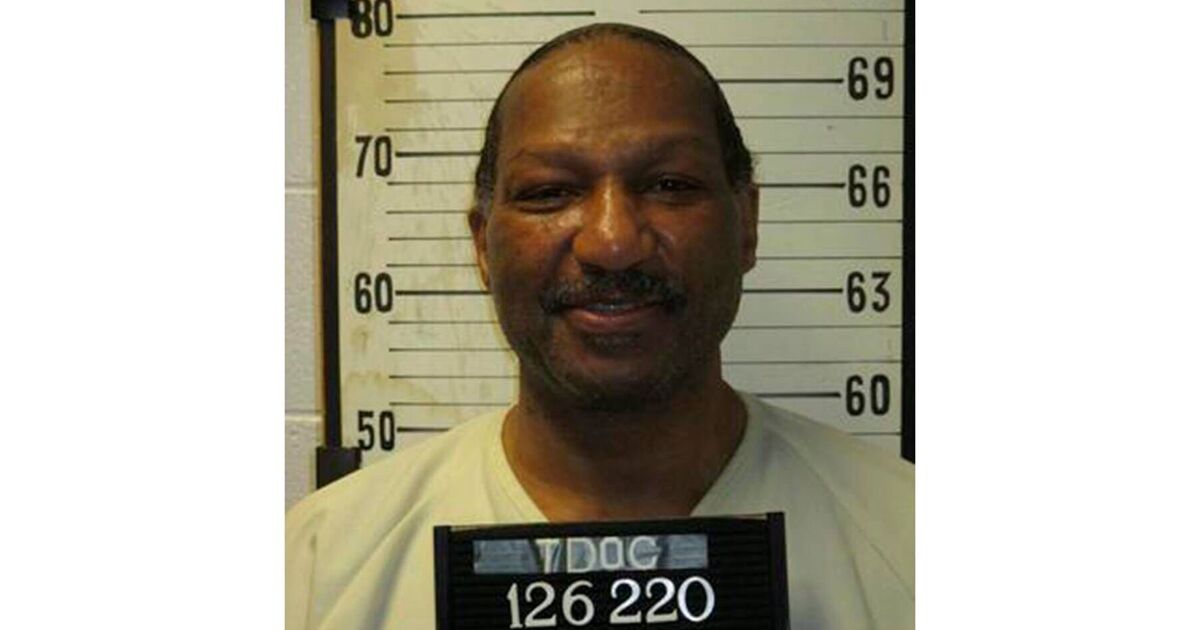

Lawyers representing a Tennessee death row prisoner, Byron Black, are making a desperate bid to halt his impending execution.
In Nashville's Chancery Court, they're pleading with a judge to mandate the Tennessee Department of Correction to switch off an implanted defibrillation device, akin to a pacemaker, just before Black's execution. If the judge sides with them, this could potentially postpone the execution until the state locates someone willing to perform the deactivation.
Simultaneously, at the state Supreme Court, they're urging judges to instruct a lower court to review their assertion that Black is unfit for execution. The lawyers have also lodged a broad challenge against the state's new execution protocol, but with a trial set for 2026, any decision there will be too late for Black.
Black was found guilty for the 1988 shooting deaths of his girlfriend Angela Clay, aged 29, and her two daughters, Latoya, 9, and Lakeisha, 6. Prosecutors argued that Black, in a fit of jealousy, shot the three at their residence.
At the time, Black was on work-release while serving a sentence for shooting and injuring Clay's estranged husband, reports the Mirror US.
Due to the COVID-19 pandemic and a temporary halt on all executions by Gov. Bill Lee following the discovery that the Department of Correction wasn't testing the execution drugs for potency and purity as required, Black has already had three execution dates postponed.
Black's legal team has previously attempted, without success, to argue that his execution would be unconstitutional due to his intellectual disability.
In a fresh approach, they are now contending that the court should evaluate Black's competence for execution under older English common law standards. The state, however, refutes this, asserting that Black does not fulfil the criteria for incompetency as he comprehends his conviction, his impending execution, and the connection between them.
In a separate move, Black's lawyers are petitioning another court to decree that his implanted cardioverter-defibrillator must be switched off just prior to the execution. They propose that if left active, the device will repeatedly attempt to restart his heart, thereby extending the execution and causing Black unnecessary suffering.
Given that most medical professionals are reluctant to participate in executions - viewing it as a breach of medical ethics - it could potentially be a lengthy and challenging process to find someone willing to deactivate the device to facilitate Black's execution. A hearing on the motion is scheduled for 14 July.